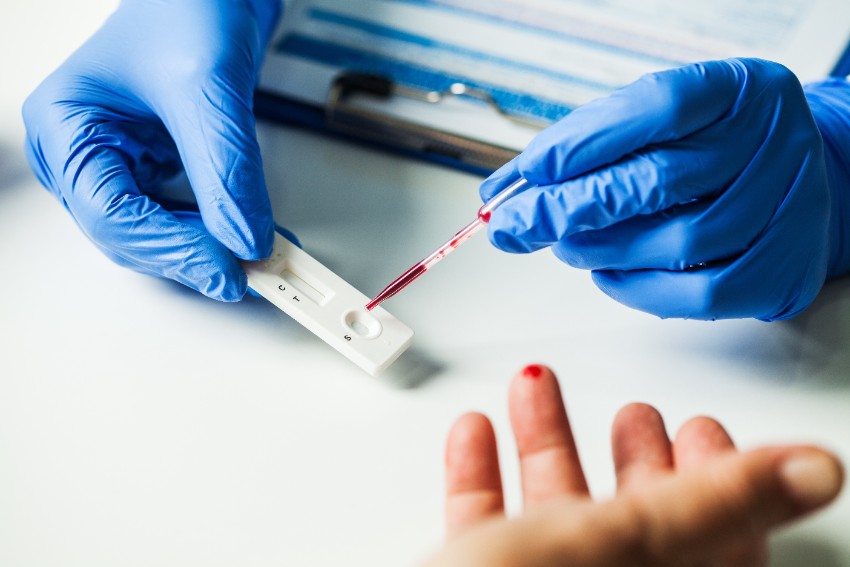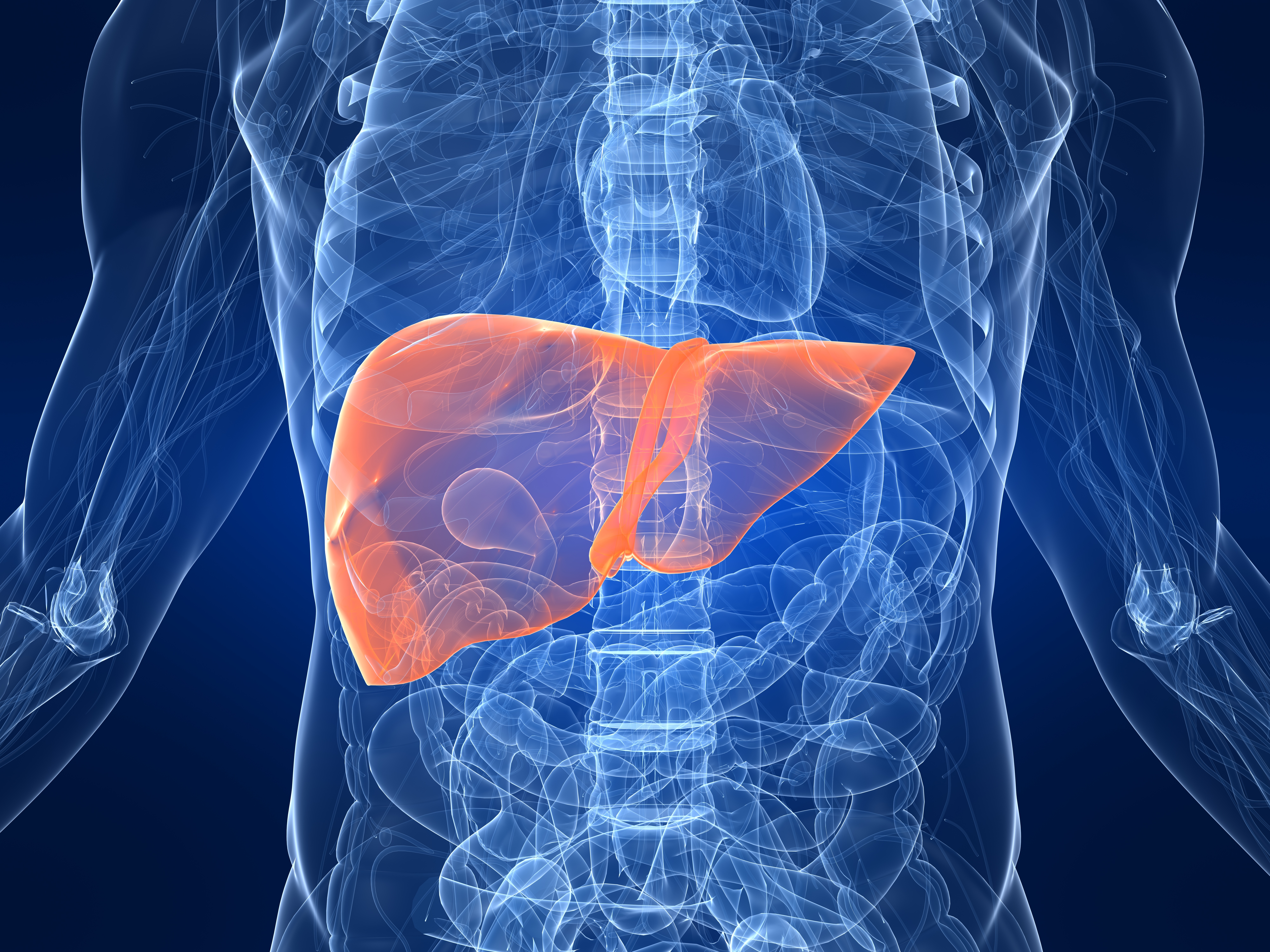
When someone suffers a stroke, it can be a devastating event. Depending on the severity, it can result in life-altering disabilities, making even simple tasks like speaking or walking a challenge. However, recent medical research has found a promising new treatment for stroke victims in the form of umbilical cord mesenchymal stem cell-derived exosomes.
Exosomes are tiny, naturally occurring particles that are released by stem cells in the body. These particles contain various proteins, lipids, and nucleic acids that can influence important biological processes such as cell-to-cell communication and inflammation.
In the case of stroke victims, exosomes can provide a range of benefits for the brain. They can reduce inflammation and oxidative stress, while also promoting the growth of new blood vessels and neural connections. By doing so, they help to protect and repair the damaged brain tissue caused by the stroke.
A study published in the Journal of Translational Medicine found that exosomes derived from human umbilical cord mesenchymal stem cells had a positive effect on rats with cerebral ischemia, a condition caused by a lack of blood flow to the brain. The rats treated with the exosomes showed improved neurological function, reduced brain cell death, and increased blood vessel formation.
Other studies have also demonstrated the potential effectiveness of exosomes in stroke treatment. In a study published in Stem Cell Research & Therapy, researchers injected exosomes from bone marrow-derived mesenchymal stem cells into stroke-damaged areas in rats. The researchers found that the exosomes improved motor function and reduced brain damage, suggesting that exosomes could be a promising therapy for stroke victims.
One of the benefits of using umbilical cord mesenchymal stem cell-derived exosomes is that they don’t require the use of live stem cells, which can be difficult to obtain in large quantities and may pose ethical concerns. Exosomes can be extracted from stem cells and then purified and packaged for use in treatment without the need for live cells.
Overall, the use of exosomes in stroke treatment shows great promise for helping those affected by this debilitating condition. With further research and development, exosome therapy could become a mainstream treatment option for stroke victims, improving their chances of recovery and a better quality of life.
Get Involved
Be apart of something great and serve in some capacity to be a blessing to someone else.
Contact UsHR Professionals
Kenneth Bullock(Lead)




